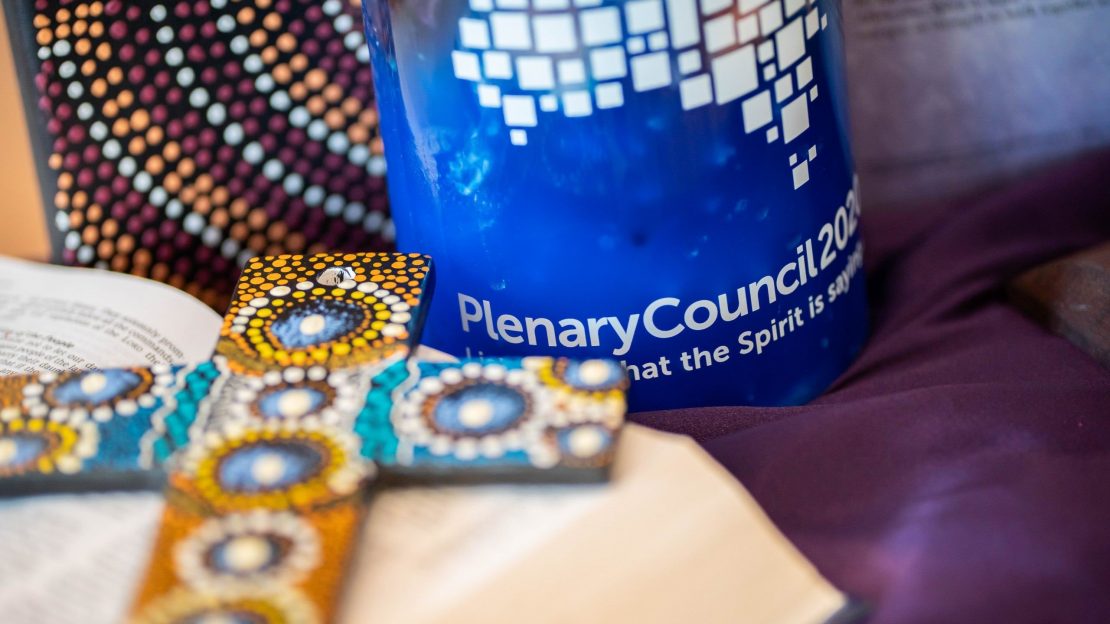Moral Consensus is the aim of the Plenary Council
Where has all this recent talk about Synodality come from? It is a word frequently used by Pope Francis and it has a long history in the church, but it may still be an unusual word for many of us.
From Vatican II there came the word ‘collegiality’. This word referred to the universal College of Bishops. That sees the bishops not just leaders of the particular local churches throughout the world but together with and under the Pope they form a college which has a responsibility for the leadership of the universal church. This led to a greater emphasis on bishops working together and working with the Pope. There were tensions that had to be worked out during the Council and after it concerning how the Primacy of the Pope and the College of Bishops would work together.
Synodality goes a step further. Synodality is about the whole church having a voice in the church’s taking account of itself and in its movement into the future. Finding the right processes by which that can happen effectively is a considerable task and one that will need a lot of work done on it. One example of those processes is the way in which the Plenary Council has been prepared for here in Australia. It is not just a matter for the bishops. There were consultations in parishes, with people in significant roles within the church and other groups which have a part in the life of the church.
As we saw last week in the parallel segment to this one, the word ‘synod’ comes from two Greek words meaning ‘the way’ and ‘with’. So it is about how we move on TOGETHER.
This is setting a new agenda for the whole church and one which will require reflection, study and the readiness to take initiatives. All of which Pope Francis is urging us all to be engaged in.
One of the things that we all need to be aware of is that the traditional synodal and conciliar procedure does not just seek a majority but a consensus. So in an Ecumenical Council, the aim is to reach a moral consensus not just a democratic majority. Votes are taken and changes to proposals are made until a moral majority is reached. This of course takes time and a lot of background work on decisions and statements. This same process will be at work in the Australian Plenary Council and without it, it cannot be truly synodal.
Fr Frank O’Loughlin
This Blog is part of a series, click on the links to read the first two articles:-




Comments
Add Comment